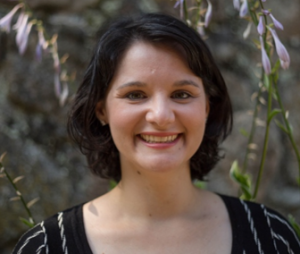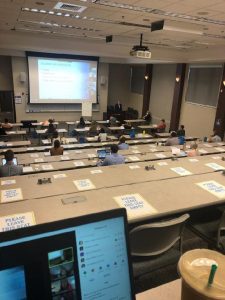
Hi again,
With the beginning of a new academic year comes new experiences and people. This is particularly true for the MPA program’s first-year ‘residential’ students (residential being in quotation marks due to the ongoing pandemic which is keeping us from being truly in-person), which is why I wanted to take some time to introduce you to this cohort.
The incoming class is one of the largest and most diverse that the residential program has welcomed in years, with 28 students joining UNC’s MPA network exemplifying various academic backgrounds and career interests. The cohort is representing 18 different undergraduate institutions including, UNC-Asheville, N.C. State University, Vanderbilt, Clemson, University of Kansas, and others. To accompany these undergraduate institutions, these individuals are bringing a wide variety of academic backgrounds to the classroom with undergraduate degrees in Political Science, Sociology, Psychology, Sport and Entertainment Management, Civil Engineering, Physics, Philosophy, and more.
While there is a large number of students joining the program from various undergraduate universities, another interesting characteristic of this class is that it contains our largest number of graduates from UNC-Chapel Hill. We have 9 students who are continuing their time as a Tar Heel in this cohort. Among the nine, 3 students are pursuing the Environmental dual degree that UNC offers. In looking at North Carolina as a whole, there are 12 additional students continuing their education within the program after receiving their undergraduate degree from an in-state institution.
Along with the rich amount of in-state representation in this cohort, there is significant number of students welcomed to the program from outside of North Carolina. Roughly a third of this cohort consists of out-of-state students. These individuals are bringing their passions from states such as Florida, Georgia, Kansas, Massachusetts, Pennsylvania, South Carolina, and Virginia.
While this semester looks a little different due to COVID-19, we are so proud of how well the first-year students are transitioning into this virtual learning environment. With most of the students averaging over three years of professional experience already, the passion and motivation for public service is tangible among this cohort. We are very happy to have these students providing insight from their experiences to make this program more enriching.
On behalf of the MPA Class of 2021, I would like to officially welcome each student of the first-year cohort to Carolina MPA. We are looking forward to providing support and getting to know each of you as we continue this year together! Remember that you have a purpose for being in this program, so let your values and passions guide you and you will make an impact!
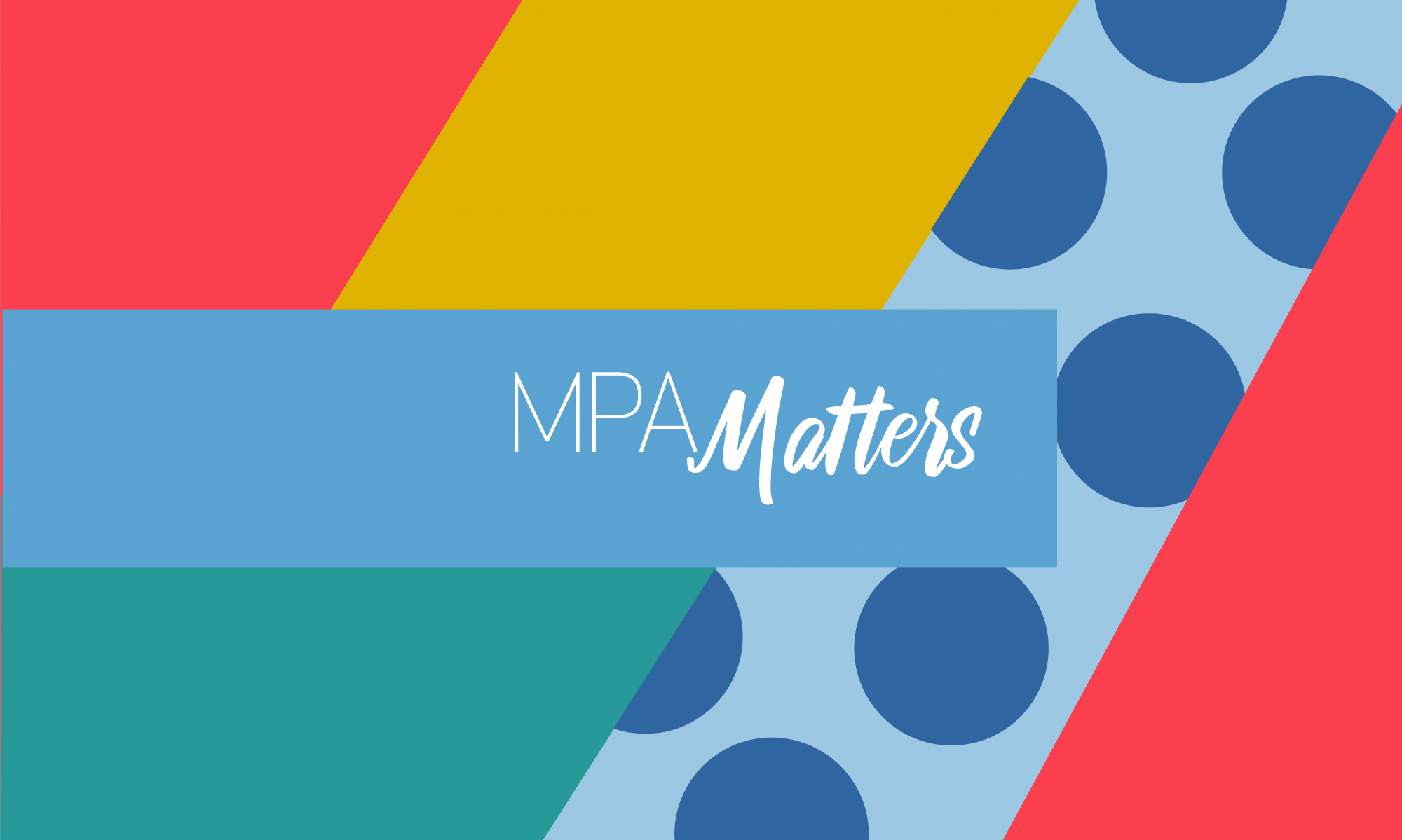

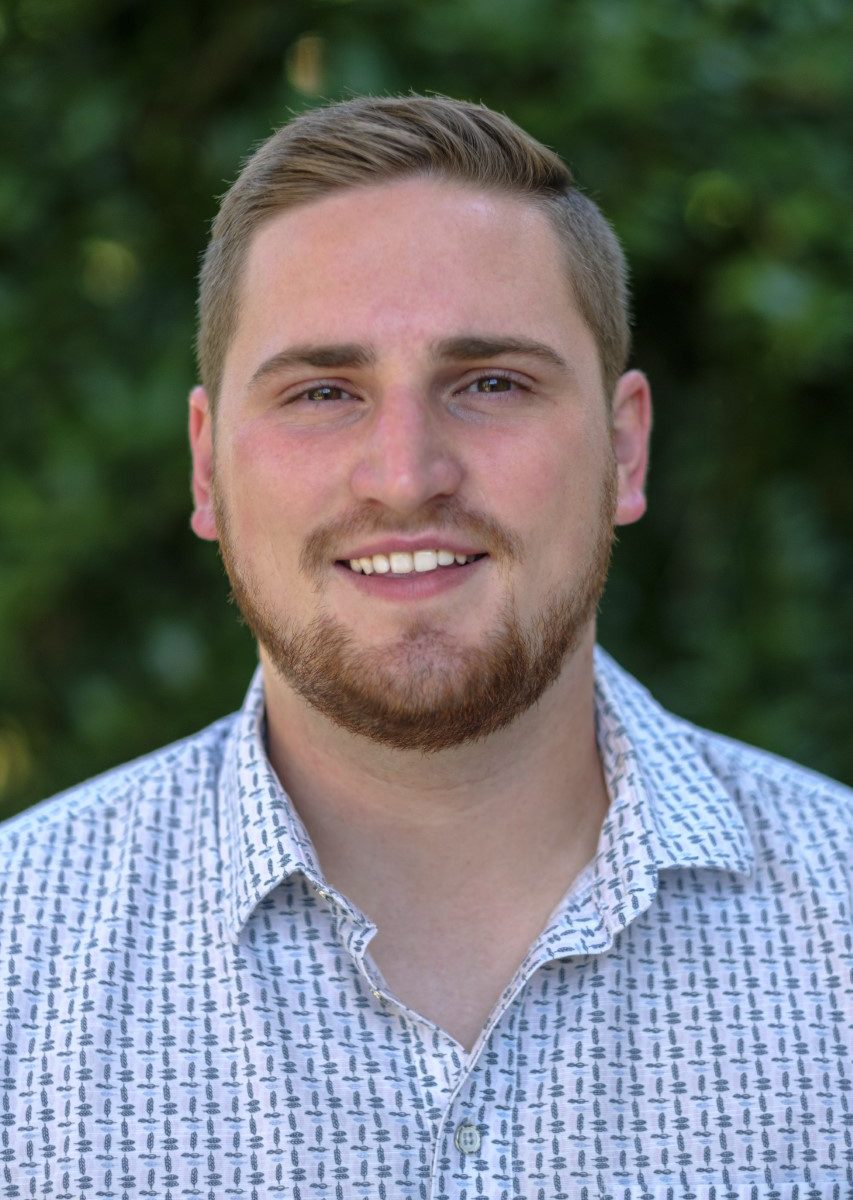
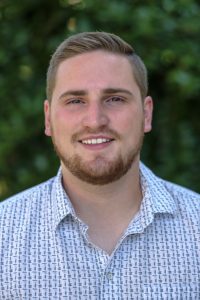
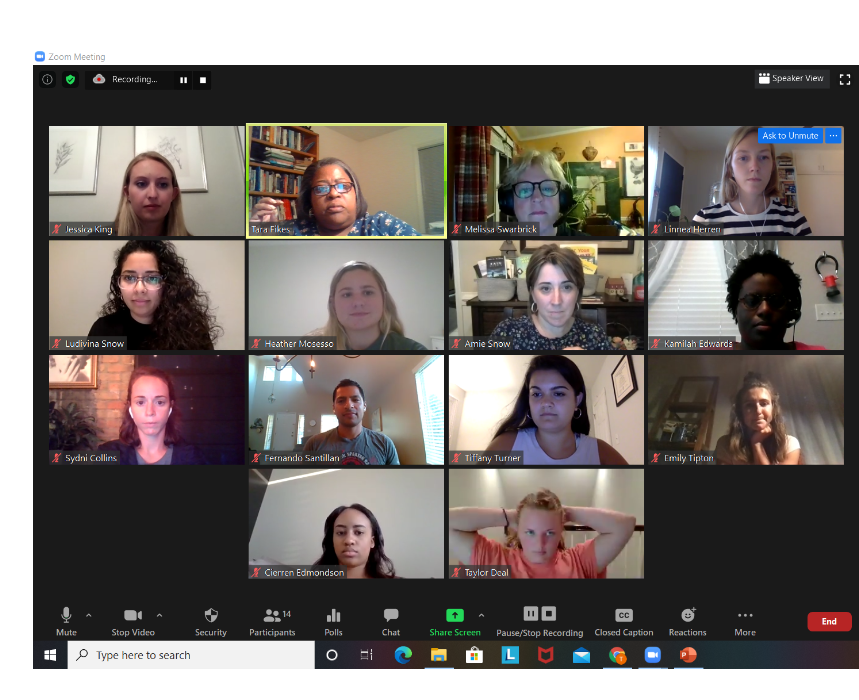

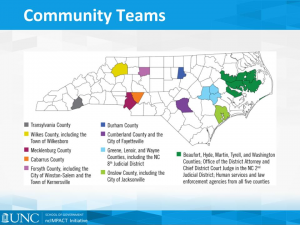

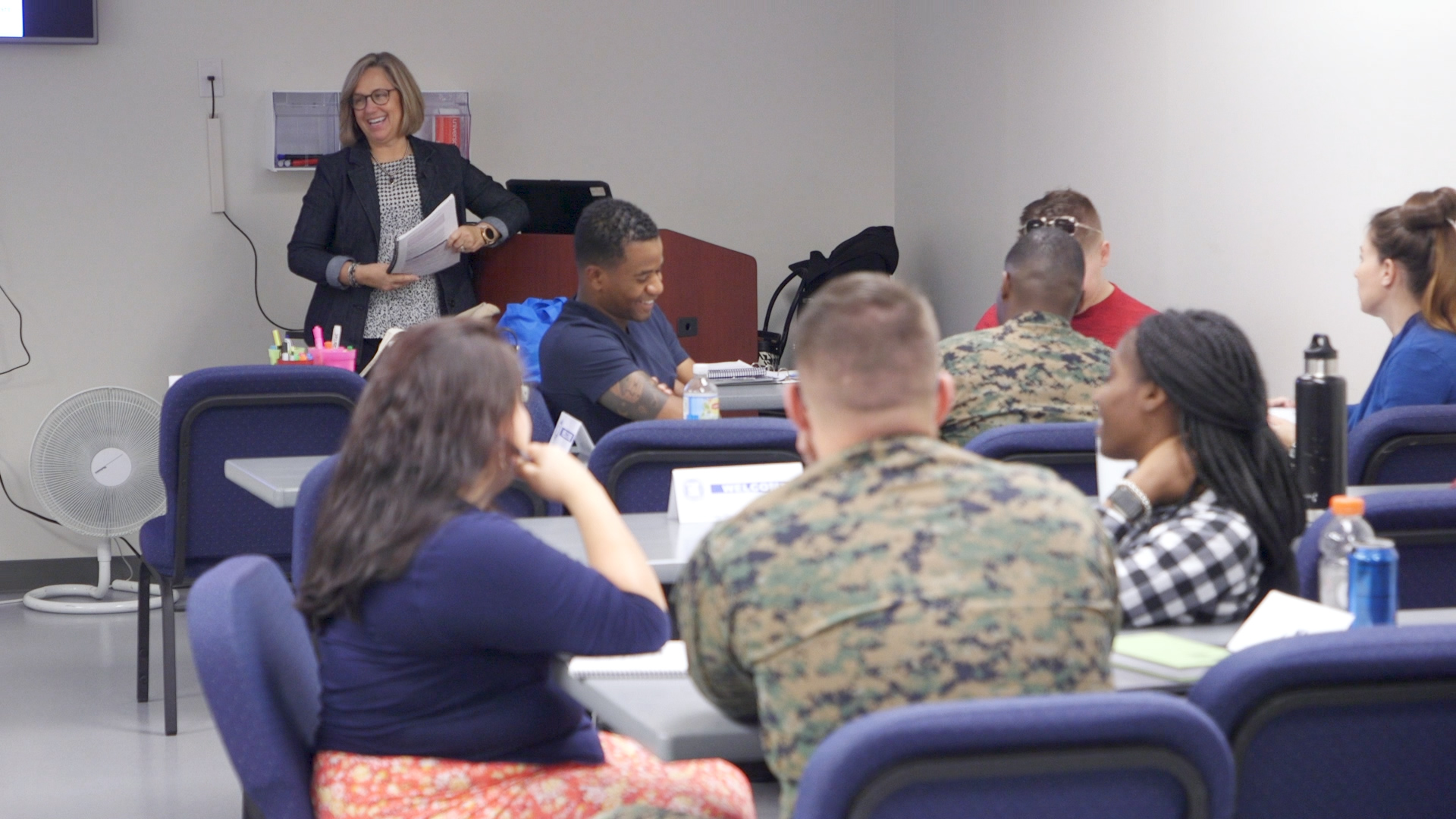
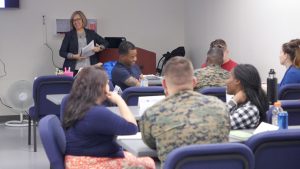 ncIMPACT Initiative
ncIMPACT Initiative


